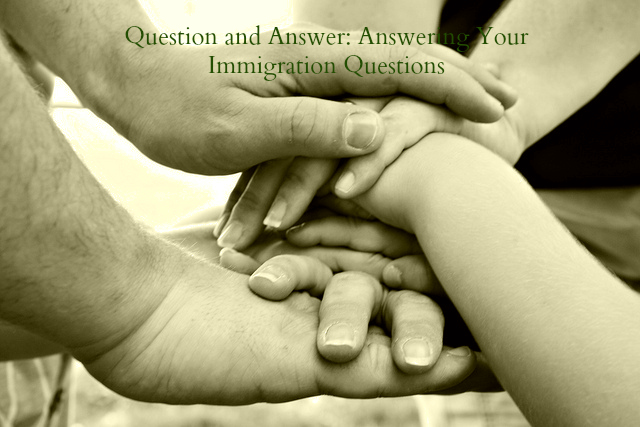It’s been an exciting week in the world of immigration. As we had been expecting, on Tuesday President Biden signed a fresh batch of executive orders directly impacting our immigration system.
These include (1) Executive Order on, “Restoring Faith in Our Legal Immigration Systems and Strengthening Integration and Inclusion Efforts for New Americans,” (2) Executive Order entitled, “Creating a Comprehensive Regional Framework to Address the Causes of Migration, Manage Migration Throughout North and Central America, and to Provide Safe and Orderly Processing of Asylum Seekers at the United States Border,” and (3) Executive Order on, “the Establishment of Interagency Task Force on the Reunification of Families.
In this blog post, we will discuss the major provisions of the Executive Order entitled, “Restoring Faith in Our Legal Immigration Systems and Strengthening Integration and Inclusion for New Americans,” and what this order means for you.
*Please note we will discuss the other two orders in separate upcoming blog posts.
EO – Restoring Faith in Our Legal Immigration System and Strengthening Integration and Inclusion for New Americans
First, we will discuss the President’s initiative to create a new task force that will promote integration and inclusion of foreign born immigrants, dismantle harmful policies arising from the public charge ground of inadmissibility, promote naturalization, and initiative to revoke former President Trump’s memorandum on enforcing the legal responsibilities of sponsors of aliens.
Task Force on New Americans
This executive order was created in order to promote integration and inclusion for immigrant communities including asylees and refugees. In line with this new executive order, the President has ordered his cabinet agencies to coordinate their efforts to pass policies that both welcome and support immigrants to the United States. To that end, the government will convene a Task Force on New Americans to positively impact local immigrant communities.
As discussed in section 3 of the order, the Department of State, the Attorney General, and the Department of Homeland Security will review and revise any existing regulations, orders, guidance documents, policies, and agency actions to ensure that they conform with the President’s agenda to welcome and support vulnerable immigrants. As part of this process, the government will be dismantling barriers that make it difficult to receive immigration benefits, including actions taken by the previous administration that do not promote fair access to the legal immigration system – such as potentially rescinding USCIS fee increases, and other such areas of concern.
 Visa Lawyer Blog
Visa Lawyer Blog










